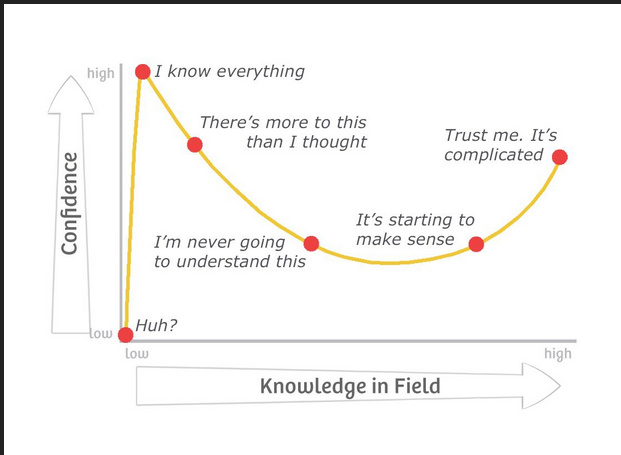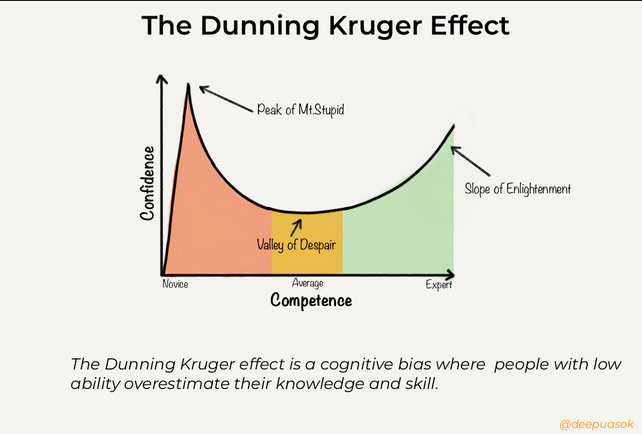About “insulin resistance” (which may be one of my least favorite terms…since no one defines it).
I’ll check back after I give this podcast a listen.

About “insulin resistance” (which may be one of my least favorite terms…since no one defines it).
I’ll check back after I give this podcast a listen.
Bart Kay has an interesting take on “insulin resistance”. He says that what is described as IR is not in any way a disease state… it is the perfectly normal and appropriate functioning of a cell to close down and say “no more intake, thanks” to protect itself ie it is a wholly appropriate functioning of a cell… not a disease.
So, what’s the problem? The person eating carbs that are not required. Solution? Stop pouring carbs down your neck! Human requirement for carbs? Zero, ever.
That is not a bad take.
My issue is that there are many types of “insulin resistance”. For instance, there’s a “whole body” insulin resistance they can measure using a clamping system where they adjust glucose and insulin and see what the levels are once everything is stabilized. That tests the insulin response of everything.
There’s the cellular insulin resistance, which is where the PUFA/saturated fat guys go, for fat cells anyway, and where Gary Taubes tends to go, where he discusses insulin resistance of fat and muscle cells.
There’s the insulin resistance of a Kraft test, which measures both blood sugar and (at least) pancreatic response to glucose. Some of what I’ve seen there is almost unbelievable, as where the blood glucose response looks great, then you see why: there’s a horrendous overshoot in insulin production. And that can be delayed too, relative to the swing in blood sugar.
Then, there’s the way I normally think of things, which is where our bodies have to crank out more insulin for the same response, probably mainly for fat cells but possibly also for muscle cells.
And some of these, I can’t wrap my head around, like the clamping variety. Exactly what is this testing? I can’t figure it out.
I hope to listen to the podcast today, but if not, then today and tomorrow. Particularly tomorrow, as I have a morning workout where I usually listen to podcasts.
EDIT: Oops, wherever I say “Carl”, I mean “Richard”. Sorry about that.
l thought this was really good and makes me miss a more regular podcast.
For those who are unfamiliar with the Dunning-Krueger effect, this is the way I’ve seen it represented:

It’s basically the idea that your belief in your knowledge grows initially faster than your actual knowledge, and then as you learn more, you actually have less confidence.
Carl referred to the “slope of enlightenment”, which I’d not heard of, but it looks like there’s a different way of looking at it:

Good luck to Carl with math. As a person with two electrical engineering degrees, I love math, and we did a lot on the complex plane. But I also think visually, and my worst class was statistics for electrical engineers, as the person who taught it thought completely mathematically, while I thought visually. There was a major disconnect between us. I wanted to “see” the mathematics, while he wanted to present everything as mathematics.
Carl described math as being like a different language, and in many ways, it is. It does help though if your learning style resonates with the teacher’s teaching style. If not, then it’s harder.
Thoroughly enjoyed this episode - several great topics covered nicely.
The comment about Ozempia causing more muscle loss than fat loss got me headed into some research (NIH) and confirmed a fear I’d had (based on nothing but personal bias) that lean mass does indeed suffer in what is likely an unhealthy way … starvation remains a bad idea.